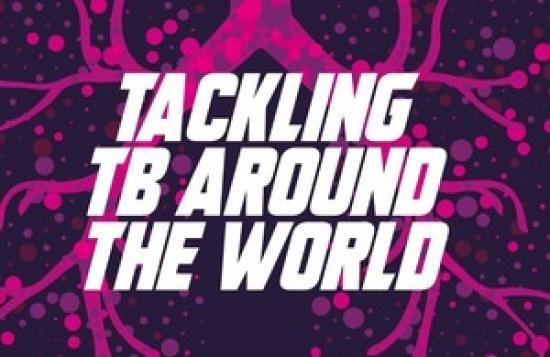UK Continues Global Fight To End TB Around The World
24th March 2024

A £4 million funding boost from the UK will help test new approaches to increase the number of people diagnosed and treated for TB.
The disease, which is fully preventable and treatable, kills on average at least 1.3 million people every year, more than any other infectious disease, and ending it by 2030 is one of the UN Sustainable Development Goal targets.
UK support will fund innovative projects to combat Tuberculosis (TB).
TB kills more people per year than any other infectious disease
The UK has been at the forefront of ending the disease for more than two decades.
Tuberculosis is a devastating disease that we can end in our lifetime, Development Minister Andrew Mitchell said ahead of World TB Day this Sunday.
A £4 million funding boost from the UK for the TB REACH programme will help test new approaches to increase the number of people diagnosed and treated for the disease in low- and middle-income countries. This support will:
Provide health services to 500,000 people
Detect cases of TB in 37,000 people
Save more than 15,000 lives
Minister for Development and Africa, Andrew Mitchell said:
TB is a devastating yet eminently preventable disease. The UK has been at the forefront of work to rid the world of it, alongside our partners, and TB REACH will help discover even better ways of detecting and treating the disease, so that people no longer suffer needlessly.
It is possible to end TB in our lifetime - we must make every effort to do so.
With this funding, TB REACH, part of the UK's Global Fund Accelerator Programme, will be able to finance more organisations to test out innovative approaches that will also strengthen health systems and combat antimicrobial resistance.
Some of the projects the UK is currently supporting through TB REACH include:
Scaling up preventative treatment for TB in Brazil, Uganda, Vietnam, Zambia and Pakistan
Integrating TB screening and services into maternal health services in Papua New Guinea and Afghanistan to tackle rising numbers of pregnant and post-partum women with the disease
Using portable x-ray machines and AI to diagnose TB in prisons in Mozambique
The UK has long been at the forefront of the battle against TB and the £1 billion commitment to the Global Fund made in 2022 is making an important contribution to fighting the disease, including by providing treatment and care for 1.1 million people, screening 20 million people and providing 41,800 people with treatment for multidrug-resistant TB.
In addition, the UK is a leading funder of investments to bring down the prices of new products and tackle barriers to widespread access through funding to UNITAID, the Clinton Health Access Initiative and to MedAccess.
Research into TB is vital and lifesaving. The UK has provided critical support to the development of new drug treatments through our support to the TB Alliance and new diagnostics through our support to FIND, the Global Alliance for Diagnostics.
Dr Lucica Ditiu, Executive Director, Stop TB Partnership, said:
TB REACH is the only global mechanism in the TB community that provides fast-track funding directly to implementing partners in country to test innovations.
We have supported everything from donkeys to drones, artificial intelligence, portable X-ray and artificial intelligence, new molecular diagnostics, to the vital touch of human TB champions and we look forward to all the new ideas that will be made possible from FCDO’s generous Wave 11 contributions.
This funding for TB REACH is an allocation from the UK’s Global Fund Accelerator Programme which is 5% of our overall funding to the Global Fund.
TB REACH provides rapid funding to local innovators to test new approaches for case detection, prevention and treatment.
TB is one of the oldest infectious diseases and has affected humans for thousands of years. The disease is spread when people who are infected with TB expel bacteria into the air, for example through coughing. It typically affects the lungs (pulmonary TB) but can also affect other sites (extrapulmonary TB).
